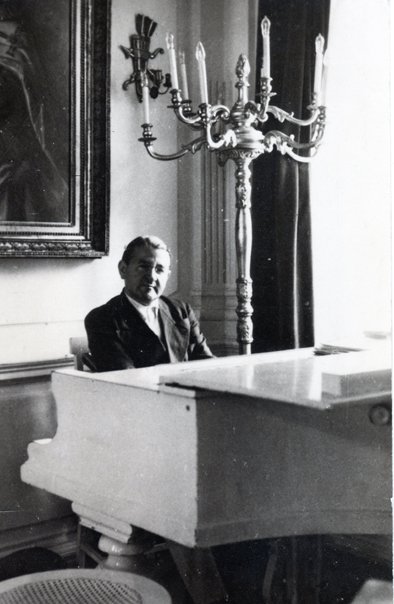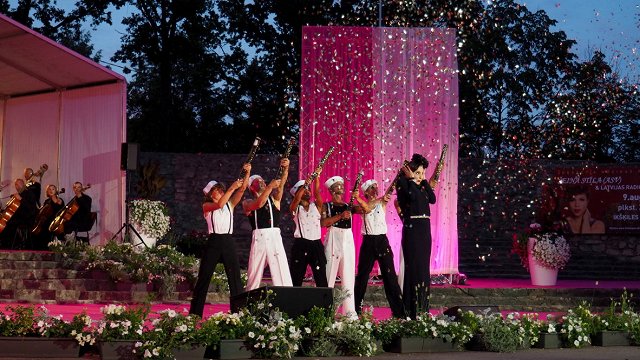The conference titled "Schlager and Popular (Entertainment) music culture in the 1920s and 1930s" will center on the 130th anniversary of the birth of Oskars Stroks (1893-1975, also known as 'Oskar Strock'), who became wildy popular in that era and was dubbed the 'King of tango'.
Researchers from Latvia, Lithuania, Estonia, Austria, Germany, Serbia and Hong Kong will participate in the conference and a special guest of the conference will be Dmitrijs Dragiļevs, a Riga-born historian and pianist and representative of the Oskars Stroks and Eddie Rossner Musical Heritage Society.
Though the name of Daugavpils-born Stroks may not be well known to most people today, many of Stroks' songs are still familiar, including hits such as "Dark Eyes" and "Rhapsody of the Moon" which reached the fashionable venues of Paris, Berlin and Vienna. You can hear plenty of Stroks' music in this biographical retrospective produced by Latvian Radio.
The person who had the idea for the conference, professor of the Academy of Music Jānis Kudiņš (and author of a monograph about Stroks), told Latvian Radio he was pleased with the opportunity to hear Dragiļevs in person: "Dmitrijs Dragiļevs was born in Rīga, but he has been living in Germany, Berlin, since the 90s. He was also one of the initiators of this society, a pianist, historian, poet. He will give a lecture on how the association has been successful in identifying and researching Stroks' legacy during these almost 30 years."
Stroks is the central figure of the conference, but in general, the conference will focus on a broader consideration of European popular music in the interwar period, when 'schlager' or popular music flourished throughout Europe.
Jānis Kudiņš explains: "The very word "schlager" – especially in the German-speaking countries, which included Latvia and Riga at the time – simply became an umbrella term for everything that was fashionable at the time. At that time, modern, entertainment dance rhythms came in – the tango, foxtrot, Charleston and more. It seems that maybe we could try at this conference to see what it was like in the early 20th century, in the interwar period in different countries, and what effect it had afterwards."
The full conference program is available here and the conference publication, including background and abstracts of the various presentations can be downloaded here.



























